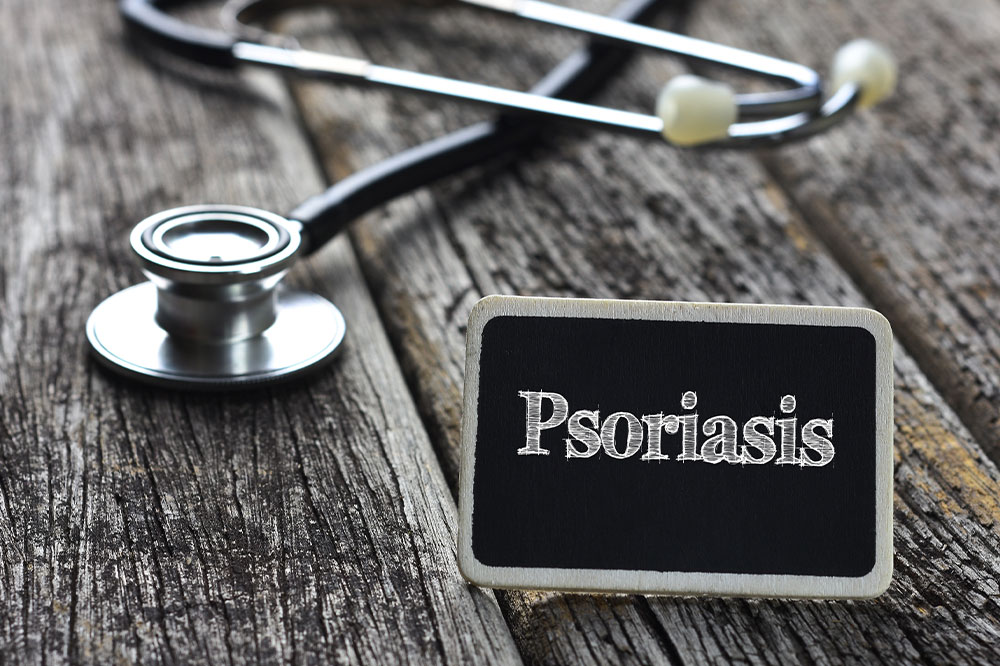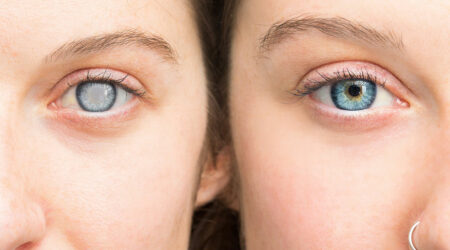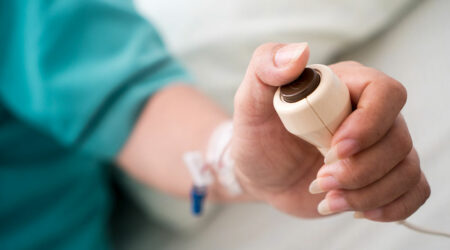
Plaque psoriasis – Causes, symptoms, diagnosis, and treatments
Plaque psoriasis is a chronic skin condition that causes red, itchy, and scaly patches on areas like knees, elbows, lower back, and scalp. It occurs in cycles, flaring up for a few weeks and then subsiding for some time. However, you must know that there is no cure for this condition, but multiple treatments can help manage the symptoms. Moreover, you can incorporate various lifestyle changes and coping strategies to lead a better life with psoriasis.
Causes
Plaque psoriasis is considered an autoimmune disease in which the immune system starts attacking the healthy cells. This further causes the new cells to generate at a faster than normal rate and form thick patches. Whether or not you get psoriasis depends majorly on your genes and health history. Here is how:
- Heredity
If anyone in your family has psoriasis, or you are born with certain genes, then the chances are that you are likely to get this condition. If both the parents have this condition, then a child has more than a 50 percent chance of going through the same. - Health history/triggers
Other than family history or genes, something has to trigger your immune for this disease to attack you. It could be an injury, a drug, smoking, high stress level, drinking alcohol, or any other issue.
Symptoms
The signs and symptoms of plaque psoriasis can vary from person to person. Some of the common symptoms include:
- Red patches of skin covered with thick scales
- Dry skin that may itch or bleed
- Itching, burning, or soreness
- Swollen or stiff joints
- Small scaling spots
Diagnosis
A skin specialist usually diagnoses if you have plaque by simply looking at your skin and talking about your medical history. However, since plaque psoriasis can appear like eczema and other skin diseases, it can sometimes get difficult to diagnose. This is the reason why doctors perform a biopsy in some cases. A small sample of your skin is taken and sent to the lab for further investigation in a biopsy. At the lab, it is carefully observed under a microscope.
Treatment
As discussed earlier, plaque psoriasis can’t be cured. You will probably experience stages where a rash or patch will look better and then will flare up once again. The whole aim of the treatment is to make the symptoms less severe and prevent sudden flare-ups. Every doctor prescribes either an ointment, medicine, or a combination of both. Here are some of the most common treatment options:
- Topical treatments
For those who have a few small patches, doctors will first recommend using a cream, gel, or any other solution that can be directly applied to the affected area to reduce inflammation and itchiness. - Systemic medications
If you have a severe case, then you may be asked to consume medicines that can slow down the growth of your skin cells. However, they can cause some serious side effects like liver problems, aggressive thoughts, and depression. - Light therapy
The doctors may even try light therapy which includes exposing the affected area to ultraviolet rays to prevent it from spreading. - Biologic medicines
These medicines are given in the form of injections to attack certain types of cells or to prevent certain proteins from causing inflammation.
Natural remedies, best foods, and preventive measures
Along with following the treatment suggested by your doctor, you can also try some natural remedies to suppress your symptoms of plaque psoriasis. Keeping the skin moisturized, applying apple cider vinegar on the scalp, avoiding exposure to the sun, and doing yoga are some of the incredible natural remedies. In addition, you must consume leafy greens, omega-3 fatty acids, fruits, and walnuts to reduce inflammation and prevent sudden flare-ups.
Plaque psoriasis is a long-term autoimmune condition that may not be curable, but with proper diagnosis, medication, and lifestyle and dietary changes, its symptoms can be reduced.




